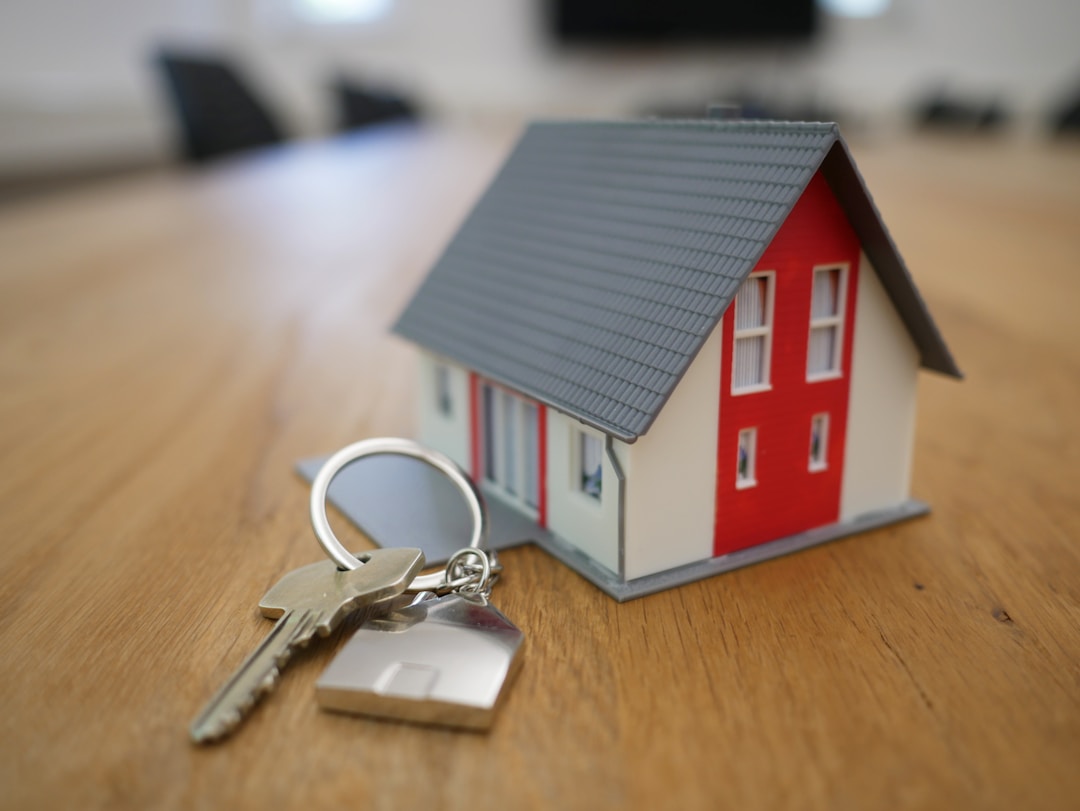With the interest rate on conventional mortgages recently reaching new historic lows, it’s understandable that you might be thinking about buying your first home. However, just because you can get a lower interest rate doesn’t necessarily mean that you have everything squared away when buying a new home.
There are all sorts of things that you can do to make yourself appealing to both lenders and sellers. If you want to own property someday instead of ending up living in your RV in a premier RV park, there are plenty of considerations to make. Keep reading for tips and tricks to help you get the best deal on a home.
Shop around to discover the right lender.

When you’re looking for a lender who will really serve your needs, there are many factors to consider. Of course, when it comes to mortgage loans, you want to be able to qualify for a loan amount as a borrower that will help you get into the home that checks all your boxes, but getting a competitive mortgage rate is just as important. With a more competitive interest rate, not only will you get a lower monthly payment, but you’ll also wind up paying less over the life of the loan. This can result in you saving thousands of dollars, meaning that it’s in your best interest to find a lender who can give you the best possible interest rate.
When it comes to how to find a good home loan interest rate, the internet is definitely your friend. There are dozens of websites helping you compare different lenders, mortgage rates, and annual percentage rate (APR) options to ensure that you get the best rate you can qualify for. Especially if you may need to pay private mortgage insurance (PMI), having a great interest rate can ultimately negate the small financial hit PMI adds to your monthly payment, so really do some research to find the right lender for you.
Take a hard look at your personal finances.

Before you look to qualify for a conventional loan, adjustable-rate mortgage, or VA loan, you’ll want to make sure that your finances are in tip-top shape. Besides having enough money to cover a down payment, it’s also important to budget money for various closing costs.
While your loan amount will always cover the purchase price of the home, you may not be able to roll closing costs into your loan depending on what sort of lender you’re working with, which is why it’s important to save up more money than you need before buying. It’s also a good idea to check your credit report and pay down as much debt as possible, as this will improve your debt to income ratio and ultimately help you get the best deal on both a loan amount and interest rate by improving your credit score.
Find a qualified real estate agent you trust.

First-time homebuyers can easily get overwhelmed navigating a complex process while searching for the perfect property, which is why it’s always a good idea to work with a qualified real estate agent, even as a buyer. Many buyer’s agents take their commission from the seller, meaning that you don’t even wind up having to pay your agent for the work they do, making it the best investment you can make.
A licensed real estate broker will help you navigate the ins and outs of the home buying process, from getting you in to look at properties for sale and helping you craft a competitive offer to just reminding you to breathe. You can reach out to friends or family members to see if they have recommendations you can meet with to discuss the process as a buyer.








